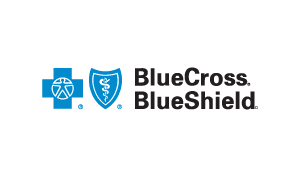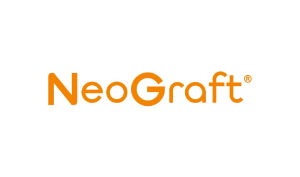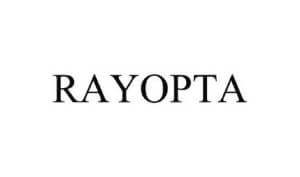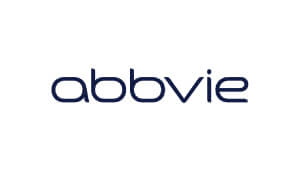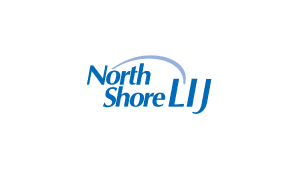Medical Voice Over Narration for Education
Science (from the Latin word Scientia, meaning knowledge), is the intellectual and practical activity that builds and organizes knowledge in the form of testable explanations and predictions about the universe. The earliest roots of science can be traced to Ancient Egypt and Mesopotamia around 3500 BCE.
The study of nature, anatomy, biology, and the communication of what is seen, so others can learn from it, has a long history dating back to Leonardo Da Vinci and Andreas Vesalius. Vesalius was a 16th-century Flemish anatomist, physician, and author of one of the most influential books on human anatomy, De Humani Corporis Fabrica Libri Septem. He is often referred to as the founder of modern human anatomy.
Fast forward to today. Information is everywhere and keeping up with the latest developments in research, clinical care, pharmaceuticals, telehealth, and innovative medical technologies is a huge task. That’s why education is so important, and that’s why smart, engaging content is critical for successful learning.
Oftentimes healthcare systems and academic hospitals use voiceover narration to communicate vital health information to patients and their caregivers. Narrations might be used to explain a medical procedure, how to use a medical device, or to inform medical healthcare professionals and hospital personnel about new protocols.
In the world of medical voice-over, one needs to have a mature and trustworthy voice when explaining advancements in modern medicine to highly trained doctors and professionals. Comprehension of complex material, fluency in medical terminology, and delivery tailored to healthcare providers are essential. At the same time, audiences — including children and seniors — benefit from a voiceover style that is sensitive to their unique needs, perhaps with a slower delivery, or more empathic tone.
Stimulate your brain, figuratively.

Stimulate your brain, figuratively.
Illustration by: James Archer AnatomyBlue
Patient Education Videos: In Office & In Home
WebMD & Medscape End Tags
PicoWay Tattoo Removal
Northwell Health
Financial Assistance Memorial
Insurance Plans Memorial Sloan Kettering
Insurance Information Memorial Sloan Kettering Cancer Center
UConn Health Tomotherapy spot
Clients
It's a no brainer.
What People Say
Voice Over for Healthcare Systems & Academic Hospitals
Physician education and training use medical narration to accompany their anatomy, physiology or eLearning videos. Hospital videos, sometimes animated, also use voice over talent as a crucial component for teaching physicians about new medications, alternative treatments, or more effective ways to interact with patients.
Many Health Care Professionals (HCPs) like surgeons, and oncology pharmacists, for example, want to narrate their own material, but the problem is that their narrations are often very difficult to understand, full of awkward pauses and ‘ums’, repeated information, inconsistent volume due to inexperience with microphone technique, and more, all of which is very distracting for the listener. This is why a professional medical narrator, like Debbie, fills this important role of teacher and coach to impart scientific knowledge and how it’s being used to make a difference in their lives and the lives of their patients.
Effectively Deliver the Message
This specialized genre of voiceover requires a voiceover talent who is an expert, a pro’s pro, one who understands how to deliver complex, technical information in an easy to listen to, yet professional manner, whether narrating videos about medical products or how augmented and virtual reality apps are used for research and training.
A warm female voice, that sounds like a friend you trust, can explain something vital that a person might think is beyond their understanding. Debbie is able to be compassionate when needed and authoritative at other times, in speaking to the medical professionals, scientists, and students who are watching scientific visualizations to understand the many complex and hard-to-imagine processes in the human body. Because of her varied and vast experience voicing countless health system narrations Debbie is an expert with tongue-twisting terminology and is sensitive to the accuracy of pronunciations and the understanding of subtext. Is a downward signaling cascade a good thing or not? That all depends on the context!
Medical Voice Over Narration That is Instructive and Effective
Patient education viewed on hospital TV depends on voiceovers to communicate topical and seasonal messages. These patient videos also help promote products, services, and procedures to patients as they’re waiting in an office. Patient videos are a valuable communication and marketing platform. They present a diverse scope of information, from offering disease management support, to surgical recovery education, lifestyle and behavior change education, and information on medications. Patient videos extend the reach and streamline the efforts of care providers both in their offices and their patient’s homes. Insurance how-to videos, for example, are extremely helpful to educate patients visiting healthcare systems and academic hospitals.
Educating family members and caregivers, as well as patients, is the benefit of using patient videos for home healthcare. The medical home is a philosophy of primary care that is patient-centered, comprehensive, team-based, coordinated, accessible, and focused on quality and safety. Narrations need to be straightforward, empathic and paced properly so viewers can absorb important information. These videos are also valuable because they can be viewed and reviewed as needed, without necessarily having to call upon medical professionals for clarification. It is a source of comfort to have vital information about their own care easily accessible. Whether the topic is what to expect in advance of an operation, medication guidelines, or postoperative care, these videos help patients and those caring for a loved one.
Debbie’s depth of experience in medical voiceover means she can impart highly technical and medically dense text in a way that is clear and informative, yet easy to comprehend. These projects require a skilled voice over artist who can walk a fine line between sounding like the subject matter expert, while still being engaging to listen to.
